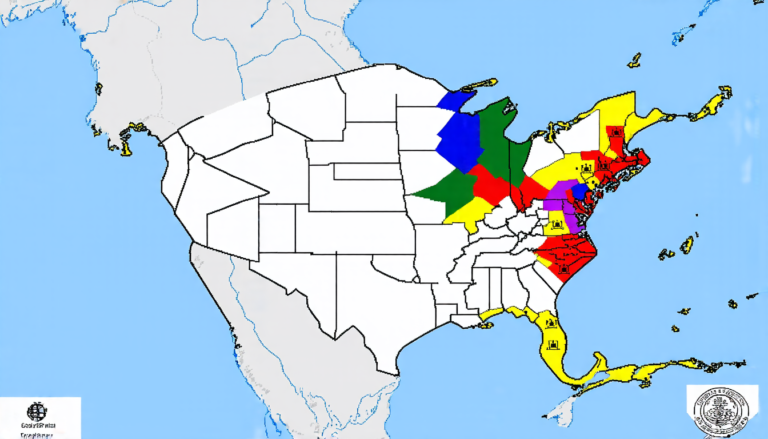Sunday 04 May 2025
As we navigate the complexities of modern data analysis, a team of researchers has made significant strides in developing a novel approach to modeling combinatorial response data. This breakthrough has far-reaching implications for fields such as ecology, sociology, and healthcare, where understanding patterns within complex systems is crucial.
Combinatorial response data refers to instances where each observation is an array of integers subject to constraints. A prime example is the study of waterfowl behavior, where researchers seek to understand how ducks form pair bonds over time. In this context, combinatorial response data represents the observed matching patterns between male and female ducks.
Traditionally, statistical modeling has focused on binary or polytomous responses, neglecting the unique challenges posed by combinatorial data. The new approach addresses this gap by proposing a novel augmented likelihood function that views each combinatorial response as a deterministic transform of a continuous latent variable.
The researchers’ method relies on integer linear programming to specify the transform and ensures that the resulting probability distribution respects the combinatorial constraints. This innovative framework enables Bayesian inference for the underlying parameters, allowing analysts to estimate the probability of specific matching patterns between ducks.
To demonstrate the effectiveness of their approach, the team applied it to a dataset of waterfowl behavior, analyzing the formation of seasonal matches between male and female ducks. The results revealed significant differences in matching probabilities between males and females, with males exhibiting higher probabilities overall.
The study’s findings have important implications for conservation efforts and our understanding of animal behavior. By developing more accurate models of combinatorial response data, researchers can better predict and manage complex systems, ultimately informing decision-making processes.
Beyond the ecological realm, this breakthrough has potential applications in sociology, where it could be used to model social networks and understand patterns of human interaction. In healthcare, the approach could help analyze large-scale genetic datasets, identifying associations between genes and disease susceptibility.
The researchers’ work marks a significant step forward in statistical modeling, enabling analysts to tackle complex problems with greater precision and accuracy. As data analysis continues to play an increasingly vital role in numerous fields, this innovative method will undoubtedly shape the future of scientific inquiry.
Cite this article: “Modeling Combinatorial Response Data: A Novel Approach to Understanding Complex Systems”, The Science Archive, 2025.
Combinatorial Response Data, Statistical Modeling, Bayesian Inference, Integer Linear Programming, Latent Variables, Conservation Efforts, Animal Behavior, Social Networks, Genetic Datasets, Disease Susceptibility
Reference: Yu Zheng, Malay Ghosh, Leo Duan, “Statistical Modeling of Combinatorial Response Data” (2025).







